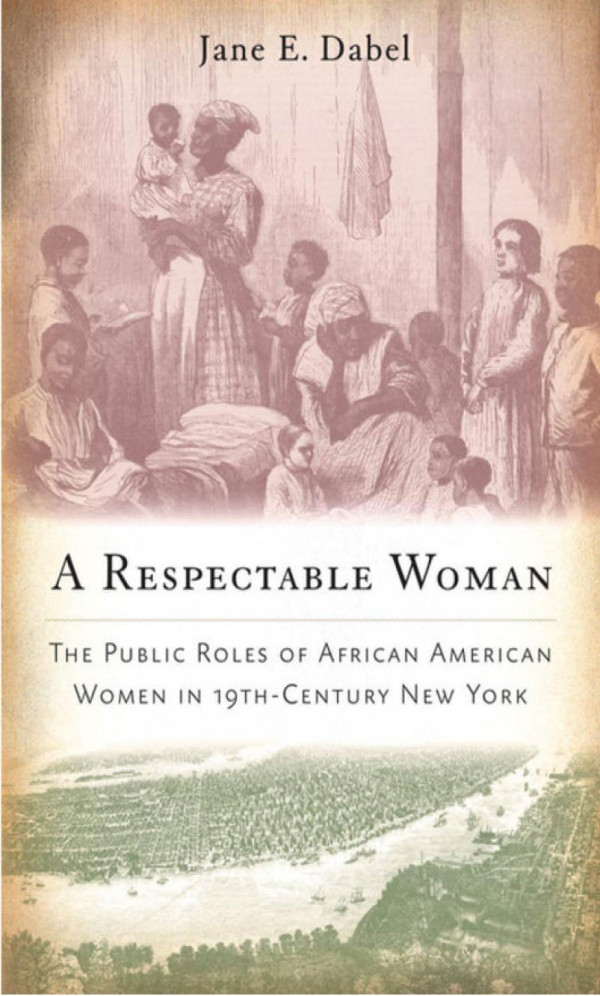

Most ebook files are in PDF format, so you can easily read them using various software such as Foxit Reader or directly on the Google Chrome browser.
Some ebook files are released by publishers in other formats such as .awz, .mobi, .epub, .fb2, etc. You may need to install specific software to read these formats on mobile/PC, such as Calibre.
Please read the tutorial at this link: https://ebookbell.com/faq
We offer FREE conversion to the popular formats you request; however, this may take some time. Therefore, right after payment, please email us, and we will try to provide the service as quickly as possible.
For some exceptional file formats or broken links (if any), please refrain from opening any disputes. Instead, email us first, and we will try to assist within a maximum of 6 hours.
EbookBell Team

0.0
0 reviewsIn the nineteenth century, New York City underwent a tremendous demographic transformation driven by European immigration, the growth of a native-born population, and the expansion of one of the largest African American communities in the North. New York's free blacks were extremely politically active, lobbying for equal rights at home and an end to Southern slavery. As their activism increased, so did discrimination against them, most brutally illustrated by bloody attacks during the 1863 New York City Draft Riots.
The struggle for civil rights did not extend to equal gender roles, and black male leaders encouraged women to remain in the domestic sphere, serving as caretakers, moral educators, and nurses to their families and community. Yet as Jane E. Dabel demonstrates, separate spheres were not a reality for New York City's black people, who faced dire poverty, a lopsided sex ratio, racialized violence, and a high mortality rate, all of which conspired to prevent men from gaining respectable employment and political clout. Consequently, many black women came out of the home and into the streets to work, build networks with other women, and fight against racial injustice.
A Respectable Woman reveals the varied and powerful lives led by black women, who, despite the exhortations of male reformers, occupied public roles as gender and race reformers.